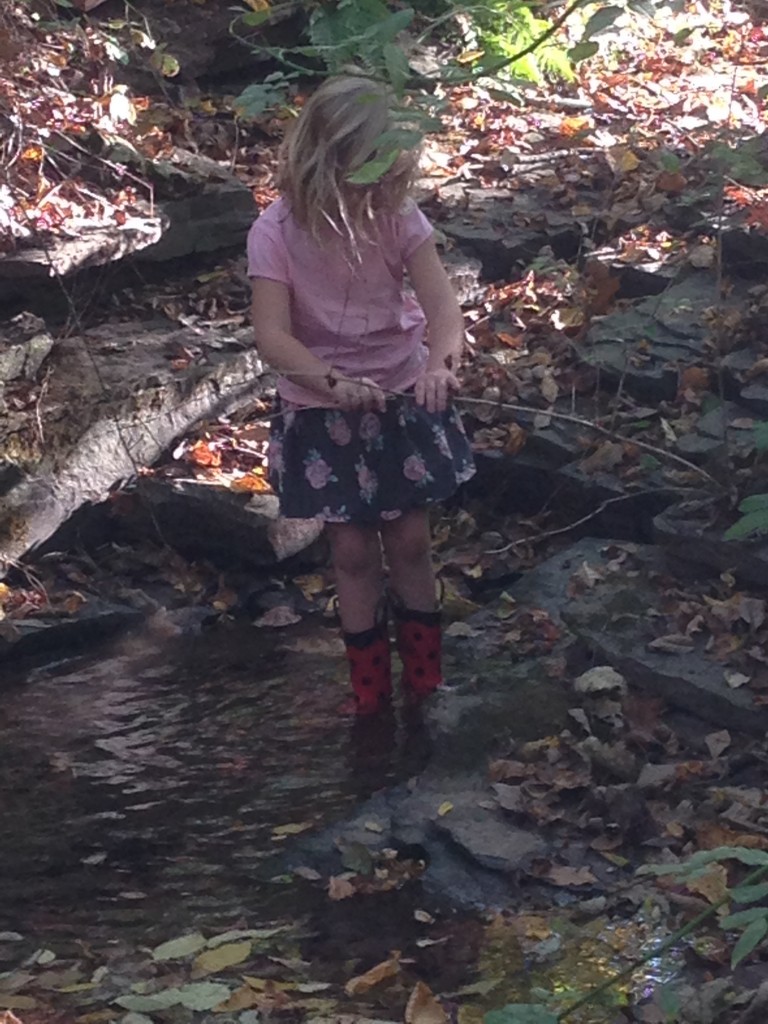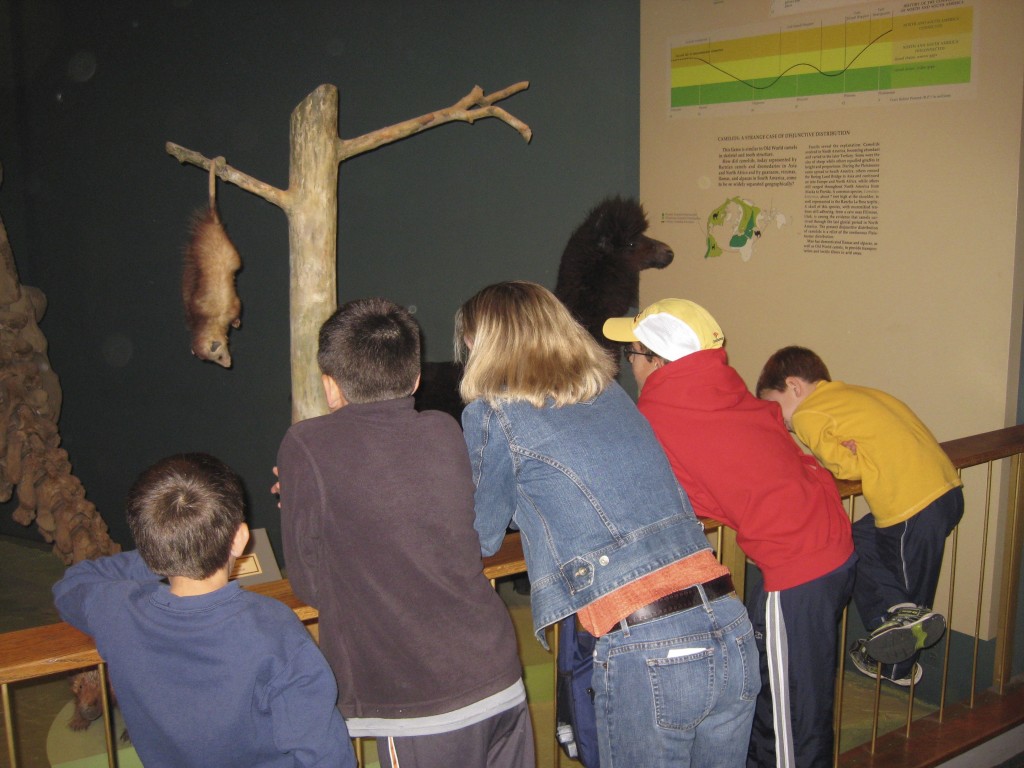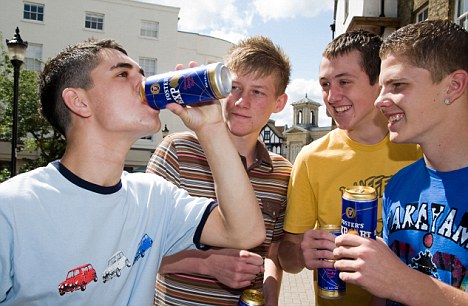Helping Your Five-Year-Old Not Binge Drink
“Are you guys hammered?” That was the comment my 14-year-old received on a social media site after he posted a short video of himself and three friends laughing and sumo-wrestling. Just a few months ago I reminded him that 7th and 8th grade is usually when some of the kids start drinking alcohol. Usually boys first. Usually hard alcohol stolen from parents’ liquor cabinets when the house is empty. Most often the “cool kids” looking for a thrill or the lonely kids looking for an escape. My son had assured me that “no one” was drinking in his grade. But he has since changed his mind.
“I guess you were right about the drinking,” he responded. (One of my favorite responses a child can have.)
We talked about WHY other kids thought they were drunk and decided that it was because they were having so much fun. We both realized that we live in a culture where fewer and fewer teens are able to be comfortable with their sober selves. We live in a culture where four boys, bare-chested and laughing hysterically, must be drunk.
So why do I share this story knowing that most people who read my blogs have preschoolers or elementary age kids? Because THAT is exactly when you have the most impact to prevent your kids from binge drinking or using drugs as teenagers. Locking up the liquor cabinet or monitoring their every move might help a little, but our real power in this area begins well before they understand what alcohol even is.
What can parents do?
- Welcome boredom. This starts when your two-year-old wants to play with you literally all day long. Rather than becoming their favorite toy, you can provide them ample time to play alone. As they grow, minimize screens as a way to fill their time. What would happen if you never bought the video game system or the hand held device? What would they do if you gave them books and blocks and paper and puzzles and then never tried to solve their boredom? (I just heard the mom who said aloud that SHE would then be drinking!)
- Help your child discover areas of interest. This does not mean activity after activity to keep them “busy” so they won’t have time for getting into trouble. This means exploring physical fitness or wood working or art or music or crafts…
 Send/bring them outside. Nature has a way of drawing kids into physical and creative play. It offers incredible competition to screens and indoor boredom.
Send/bring them outside. Nature has a way of drawing kids into physical and creative play. It offers incredible competition to screens and indoor boredom.
- Emphasize depth in personal relationships. In this new world of online “friends” and a superficial “presence” on social media, help them understand the importance of real friendships based on loyalty and absent of “drama.” Facilitate friendships with kids who are also seeking loyalty and depth verses popularity and fun.
- Model independence from, rather than dependence on, substances. Despite the temptation to “have a drink” after a tough day, model any alcohol consumption in isolation from emotional highs and lows. This helps avoid the connection between alcohol and freedom from pain.
- Create rituals that bond you and your child. (Special walks together or Saturday morning donuts or read-aloud time in bed.) Discover their interests and meet them there with unconditional love and an acceptance of who they are.
- Talk about why kids drink. Rather than telling them to Just Say No, help them understand why so many kids say yes.
- Help them find their value in who they are rather than what they do. Connecting exclusively over their grades, activities, or athletics is an insecure foundation for your relationship.
 Have FUN and lots of it. Make the connection that life is FULL of joy, fun, and excitement. Make the connection that kids who drink are not comfortable having fun as their “sober-selves.” These kids quickly become dissatisfied with their sober-selves and drink to fit in and have “fun.” But their sober selves will actually remember the fun. Their sober selves will not throw up after the fun. Their sober selves will RARELY make foolish choices that may actually have a lifetime of consequences after the fun.
Have FUN and lots of it. Make the connection that life is FULL of joy, fun, and excitement. Make the connection that kids who drink are not comfortable having fun as their “sober-selves.” These kids quickly become dissatisfied with their sober-selves and drink to fit in and have “fun.” But their sober selves will actually remember the fun. Their sober selves will not throw up after the fun. Their sober selves will RARELY make foolish choices that may actually have a lifetime of consequences after the fun.
So when your precious five-year-old eventually turns 15– take a deep breath, stay connected, reinforce a decade of past conversations, stay current by observing the culture together, and then simply walk WITH them during this challenging period rather than becoming paralyzed with fear and worry. You have done the work. They may still make mistakes. But they have a strong foundation to help them learn, grow, and mature.




Speak Your Mind